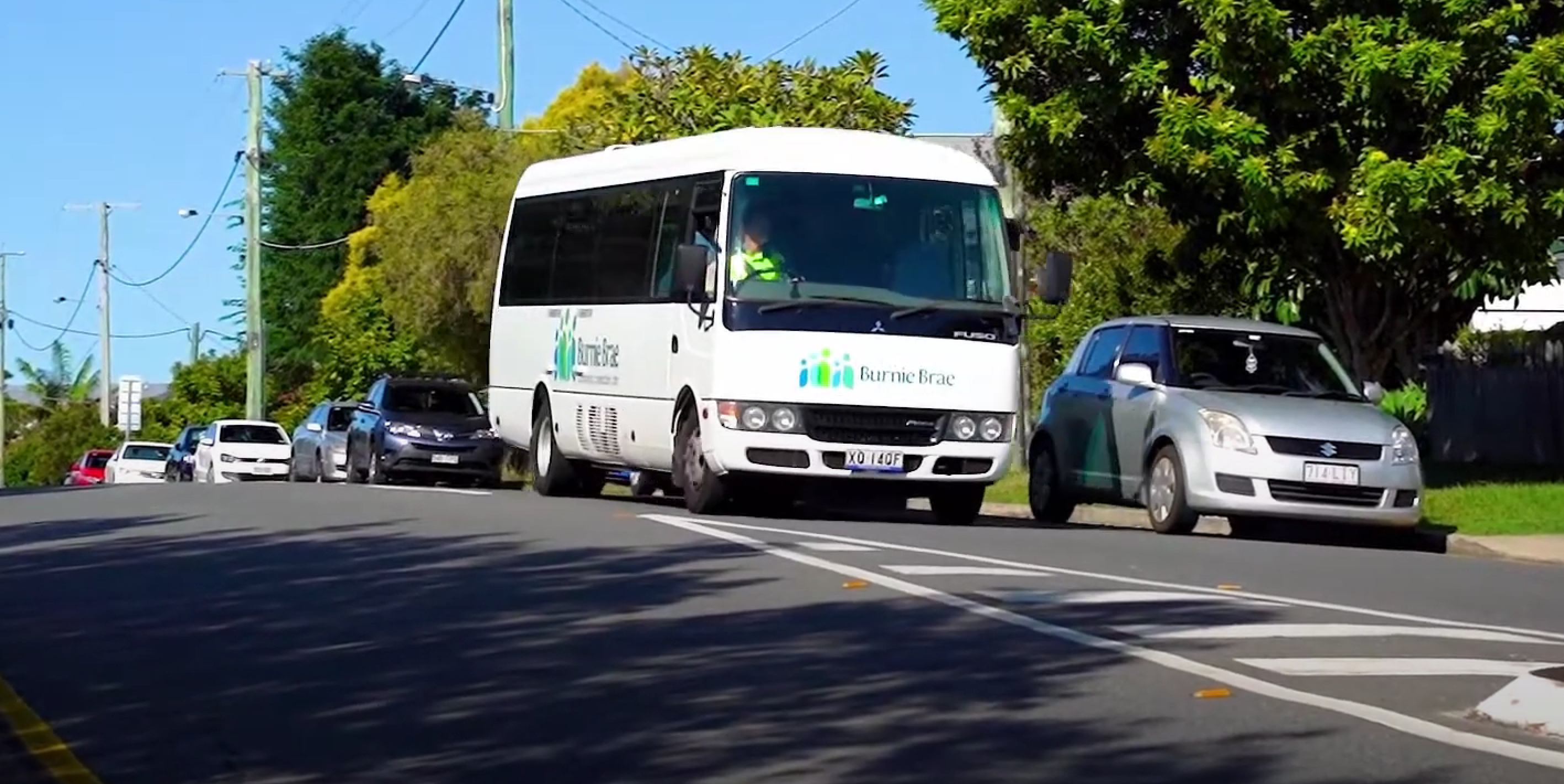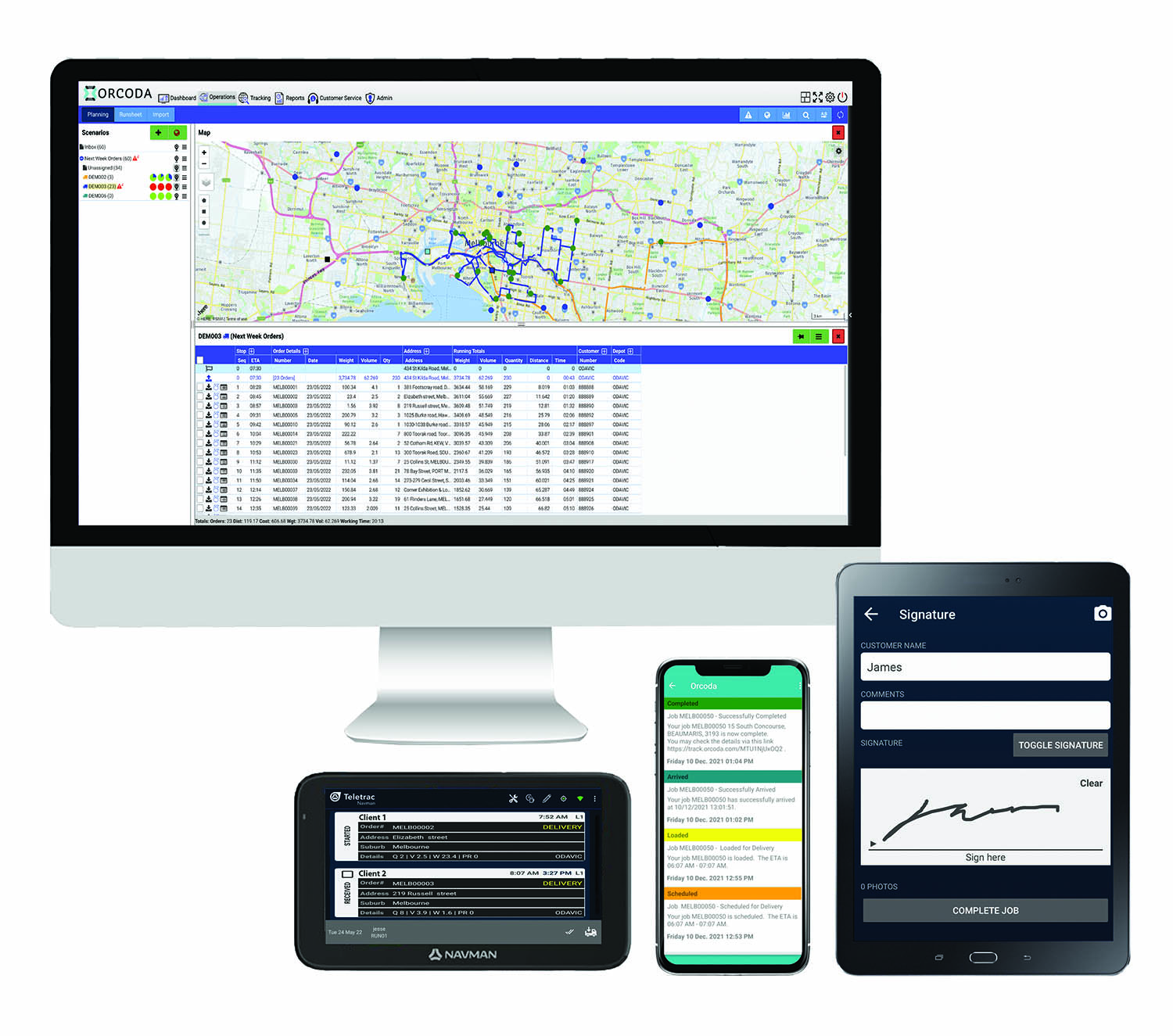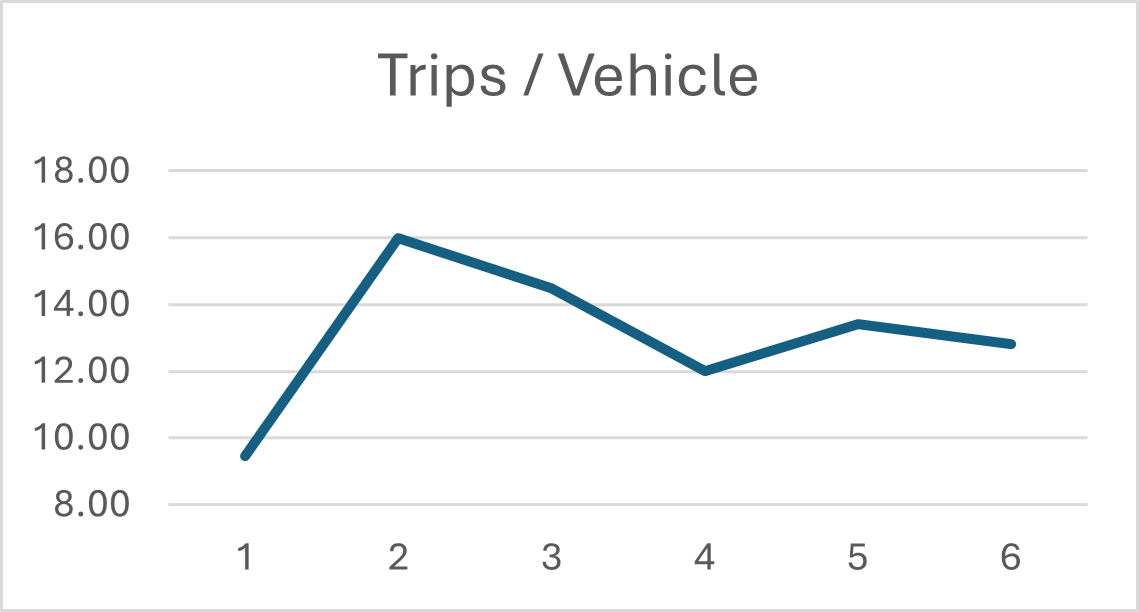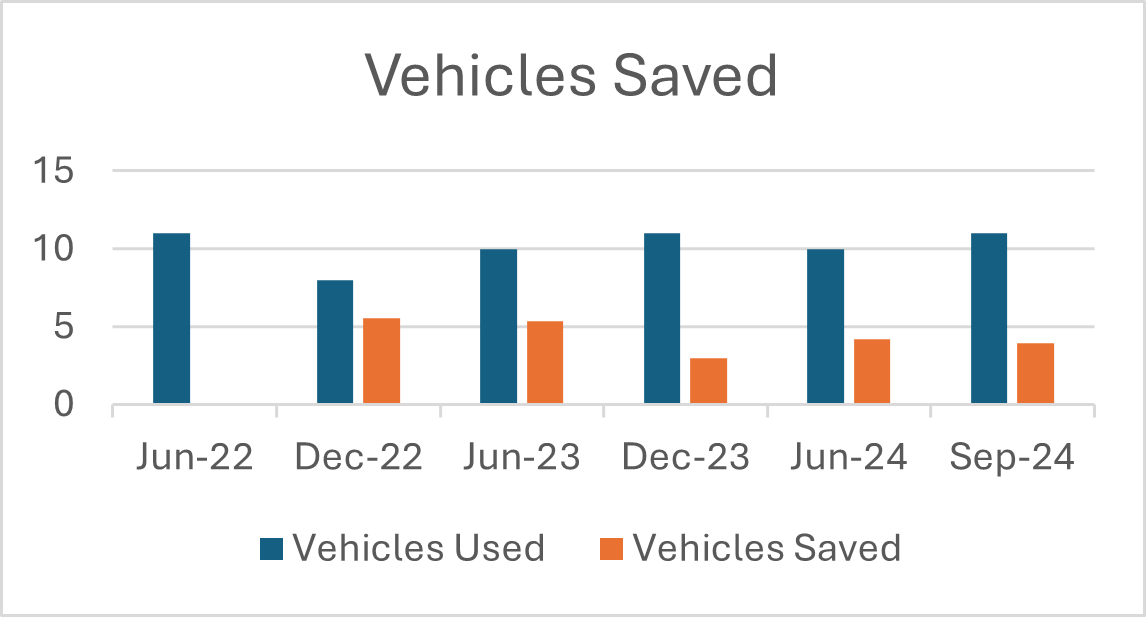Background – About Burnie Brae
Burnie Brae is a well-established community service provider in Brisbane, known for its extensive range of social and care services tailored to the needs of the elderly. Over the past 40 years, Burnie Brae has become a vital hub for the Brisbane northside community, offering in-home aged care, transport services, allied health, and numerous other services. With over 8,245 members and a reputation for excellence, as evidenced by being named “Organisation of the Year” in 2022, Burnie Brae has continuously sought ways to enhance its service delivery, particularly in its community transport services.
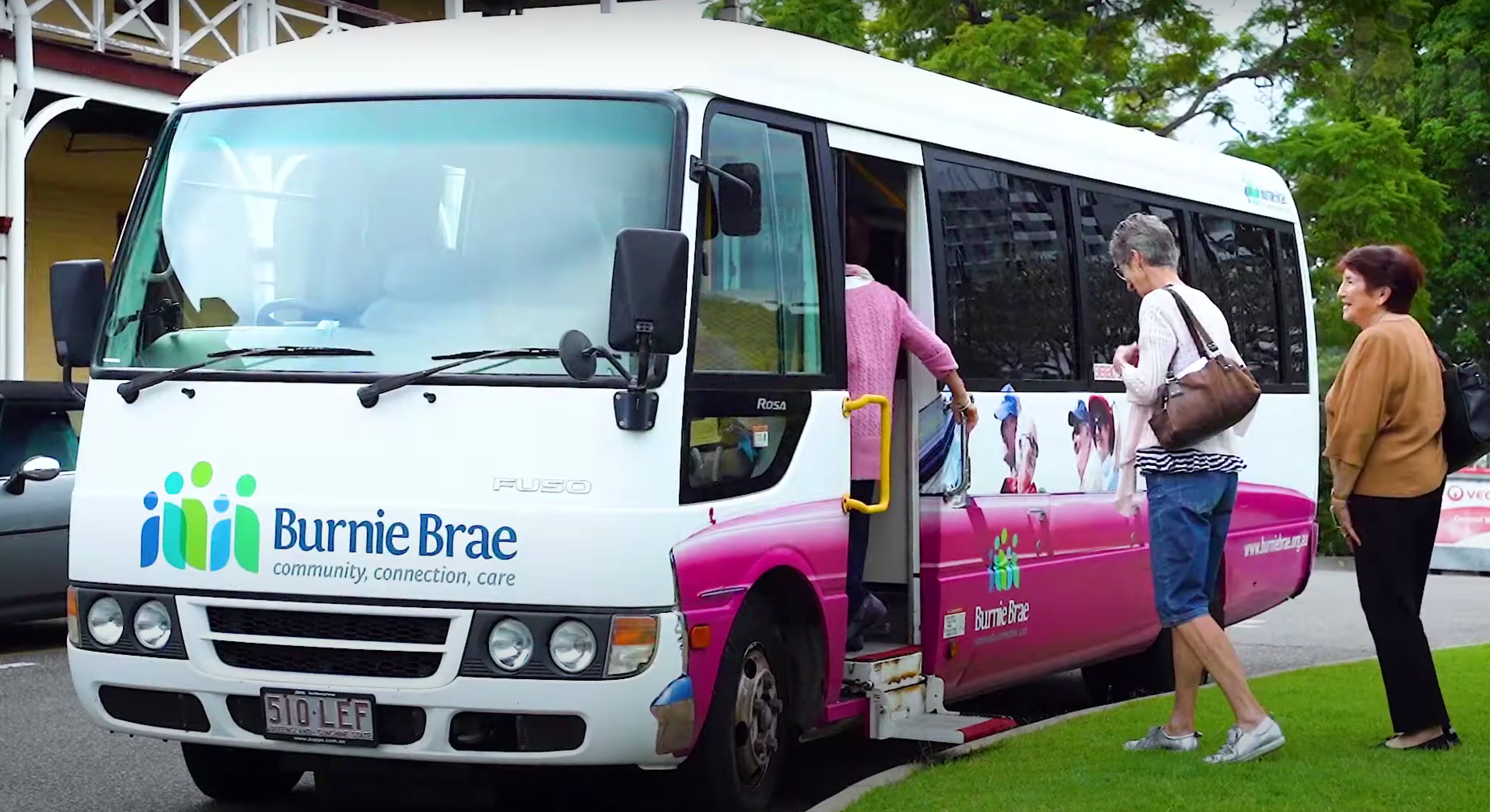
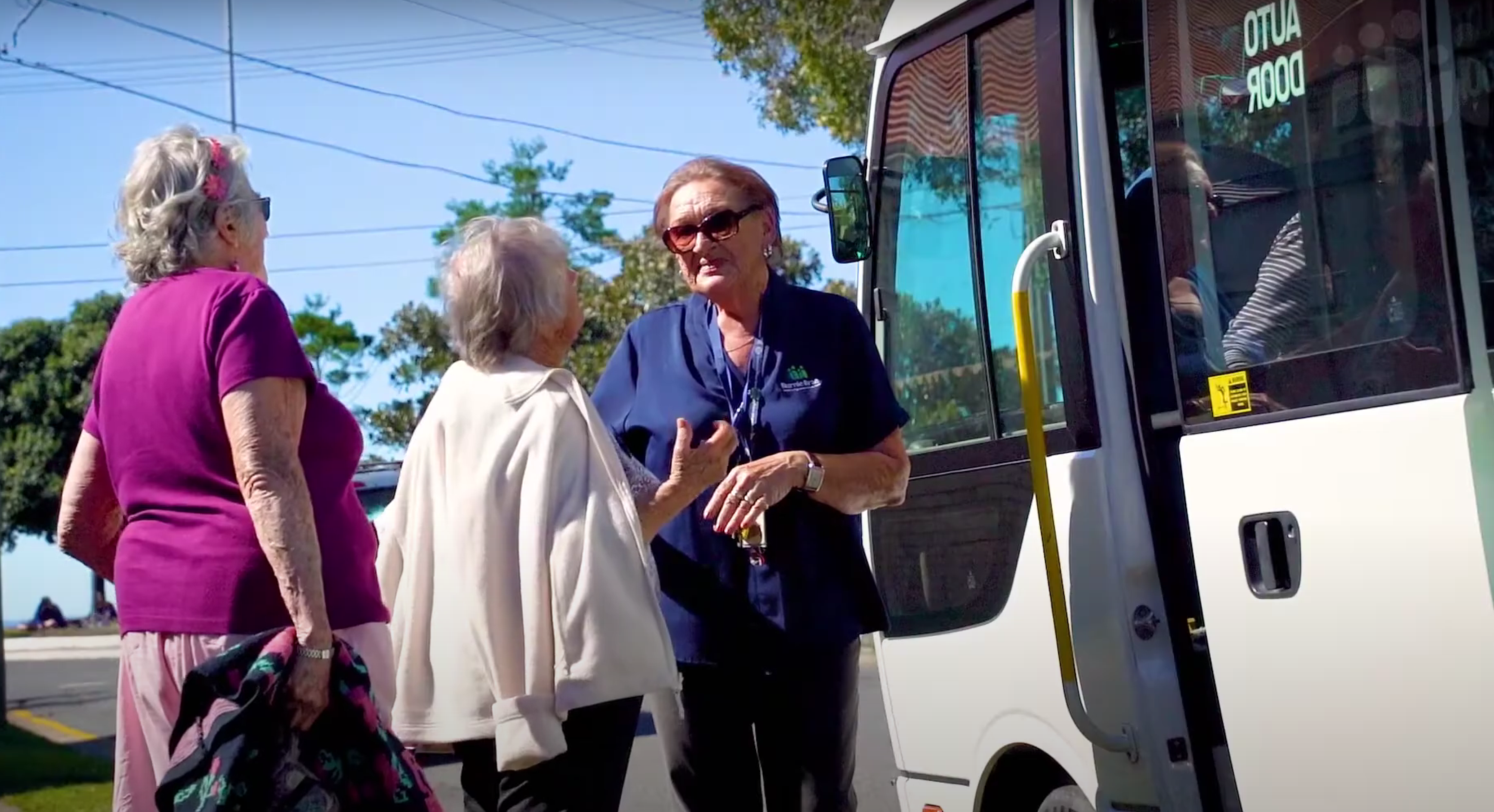
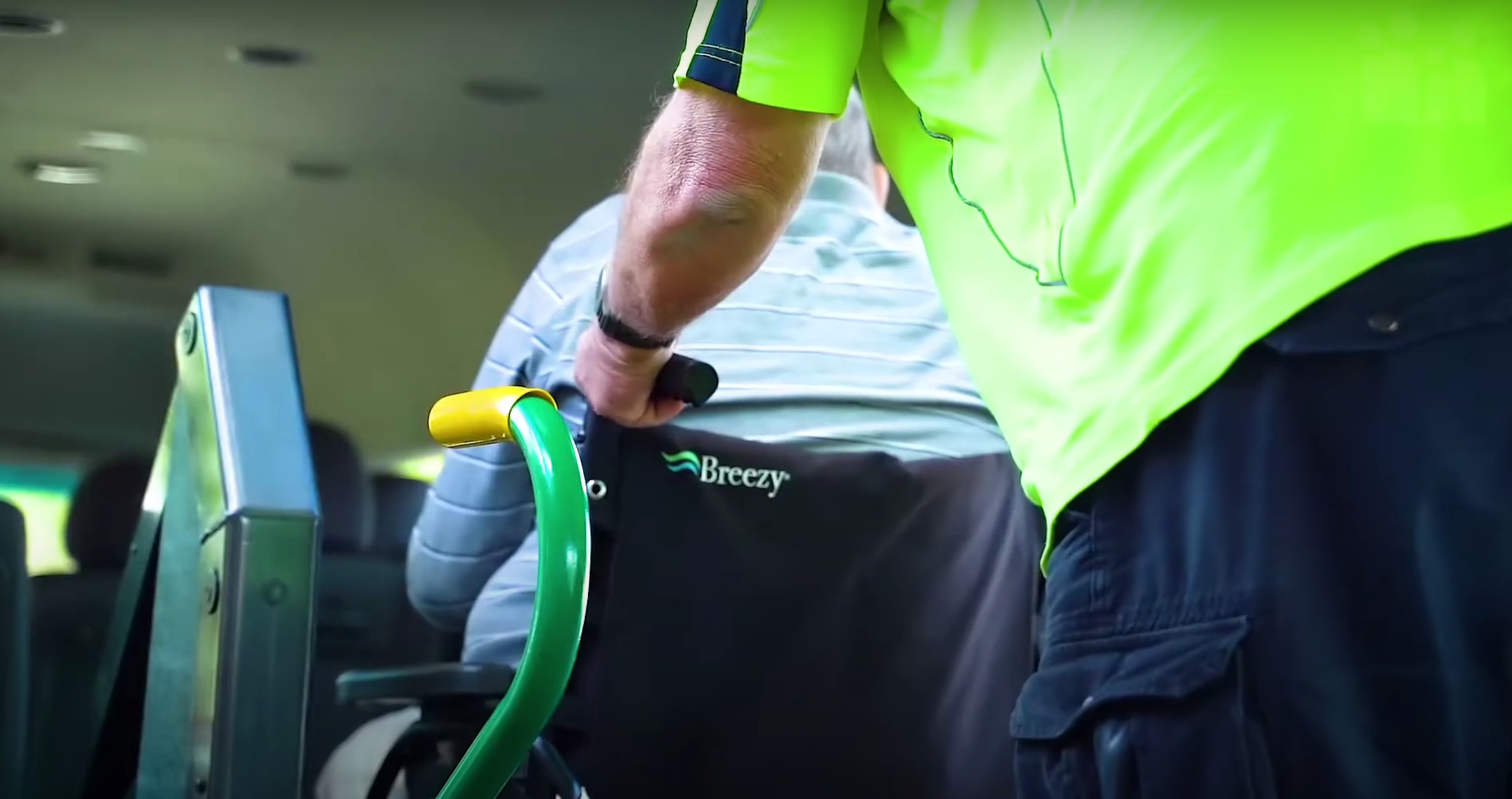
Business Requirements
Burnie Brae recognised the need to streamline its transportation services to better serve its clients and manage its resources efficiently. The organisation faced several challenges with its existing transport operations, including:
- Laborious manual processes for scheduling trips, requiring the efforts of up to three staff members to complete daily runs.
- Lack of integration between the Customer Service system/Client Management System (CRM) and the transport scheduling tool, resulting in double handling and inefficiencies.
- No digital tracking of job completions, leading to challenges in maintaining accurate records and reporting.
- Absence of automation in generating reports for government requirements, creating additional administrative burdens.
- No synchronisation with finance systems or APIs for seamless data transfers.
Burnie Brae sought a solution that would automate and optimise these processes, thereby improving operational efficiency and enhancing the client experience.
The Solution
Orcoda provided Burnie Brae with a comprehensive transport management system designed to address these challenges. The solution combined Orcoda’s state-of-the-art logistics solution, OLMS (Orcoda Logistics Management System), with the Orcoda Booking System (OBS), tailored specifically for community transport providers. This integrated system offered vital key features:
- Automated scheduling and optimisation of trips, significantly reducing the time and resources required for planning daily runs.
- Seamless integration between the CRM and the transport scheduling tool, eliminating the need for double handling and ensuring data consistency.
- Real-time tracking of job completions, enhancing transparency and allowing for accurate monitoring of service delivery.
- Automated report generation for government compliance, streamlining administrative tasks.
- Synchronisation with finance systems and other internal processes through APIs, ensuring smooth data flow and reducing manual intervention.
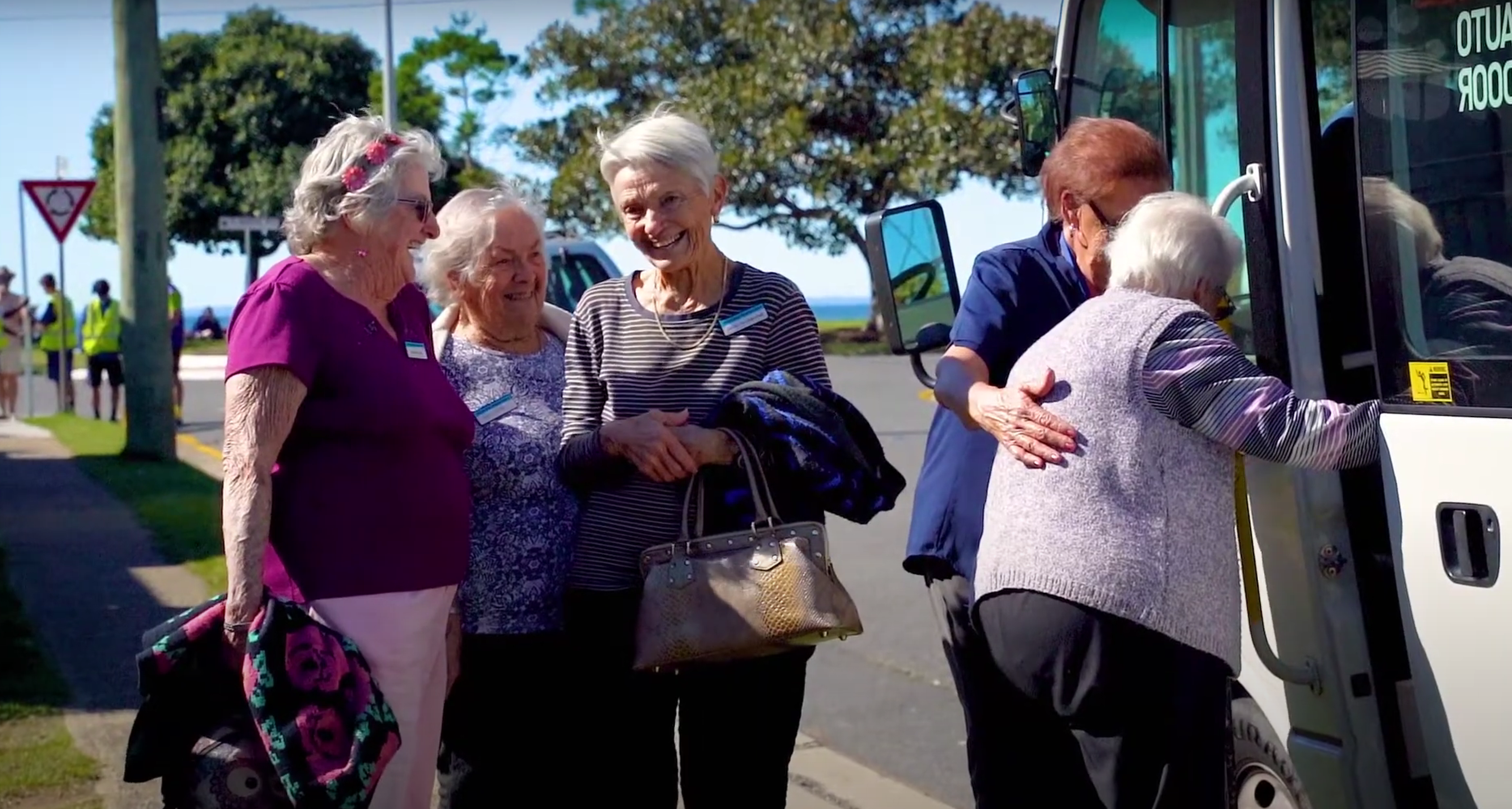
Customer Outcomes
The implementation of Orcoda’s transport management system has delivered significant benefits for Burnie Brae. The automation and optimisation of transport operations have resulted in improved efficiency and enhanced client experiences.
%
More Trips
per vehicle per day, on average
%
Less CO2
- Increased Trips per Vehicle: Burnie Brae experienced a significant 69% increase in trips per vehicle per day shortly after adopting Orcoda’s software. By December 2022, they improved from 9.45 trips per vehicle to 16 trips per vehicle.
- Adaptation to Increasing Demand: Burnie Brae improved vehicle efficiency after adopting Orcoda’s software, which enabled them to take on more clients and trips affecting the trip per vehicle matric slightly; however, the overall efficiency remained higher than when they first implemented the software.
- Sustained Improvement: Over the past two years, the average trips per vehicle per day have increased by 42% compared to their starting point in June 2022.
- Environmental Impact: The increase in trips per vehicle has led to a more optimised fleet, reducing overall travel distances. With an average trip of 10 km, the improved efficiency has resulted in a 20% reduction in distance travelled per day (approximately 40 km).
- CO2 Emission Savings: Burnie Brae’s improved efficiency has led to an estimated annual reduction in CO2 emissions, saving 1,710 kg of CO2 per year (based on comparison to Hyundai i30 data).
“Orcoda’s transport management system has allowed us to improve the efficacy of our drivers’ runs and the clients’ experience. Administrative staff can monitor times closely and be alerted when clients are late for drop-offs. There is a greater level of transparency that is a benefit to clients, drivers, and office staff.”
Aynsley Johnson, Head of Care Services for Burnie Brae.
The system has also enabled Burnie Brae to “do more with less,” allowing the organisation to reallocate resources to other high-value tasks and improve overall service delivery to the community.
